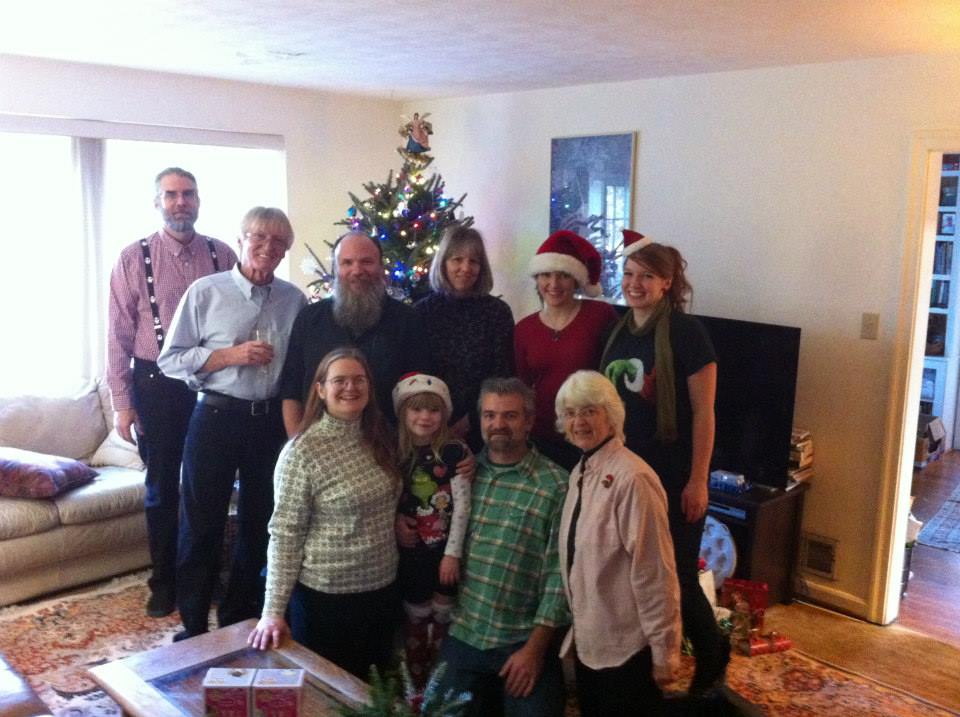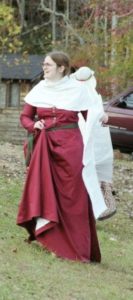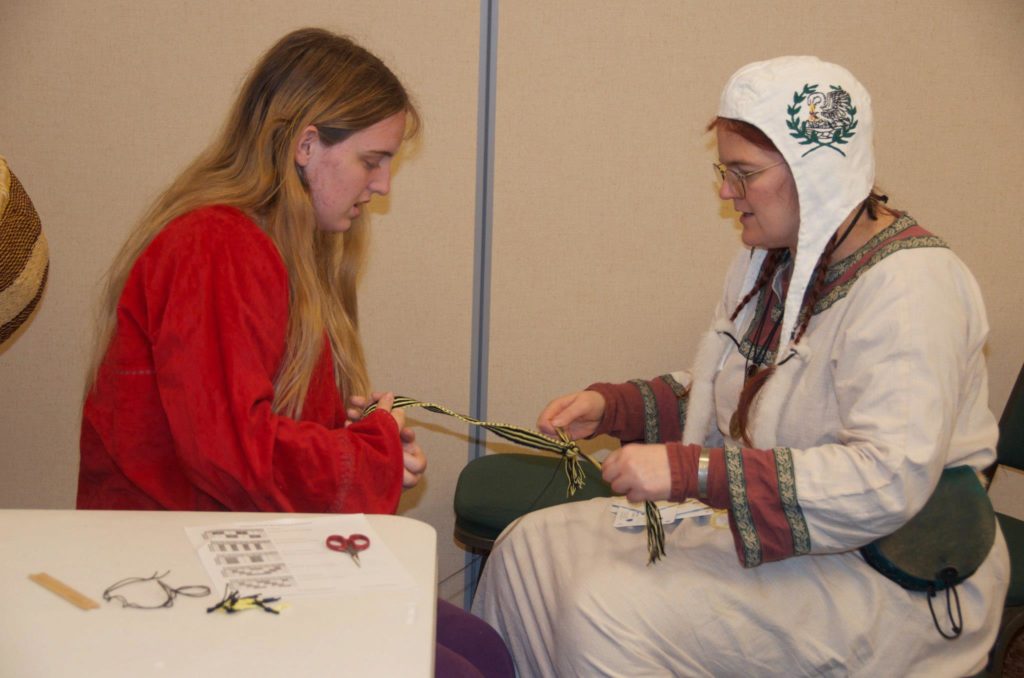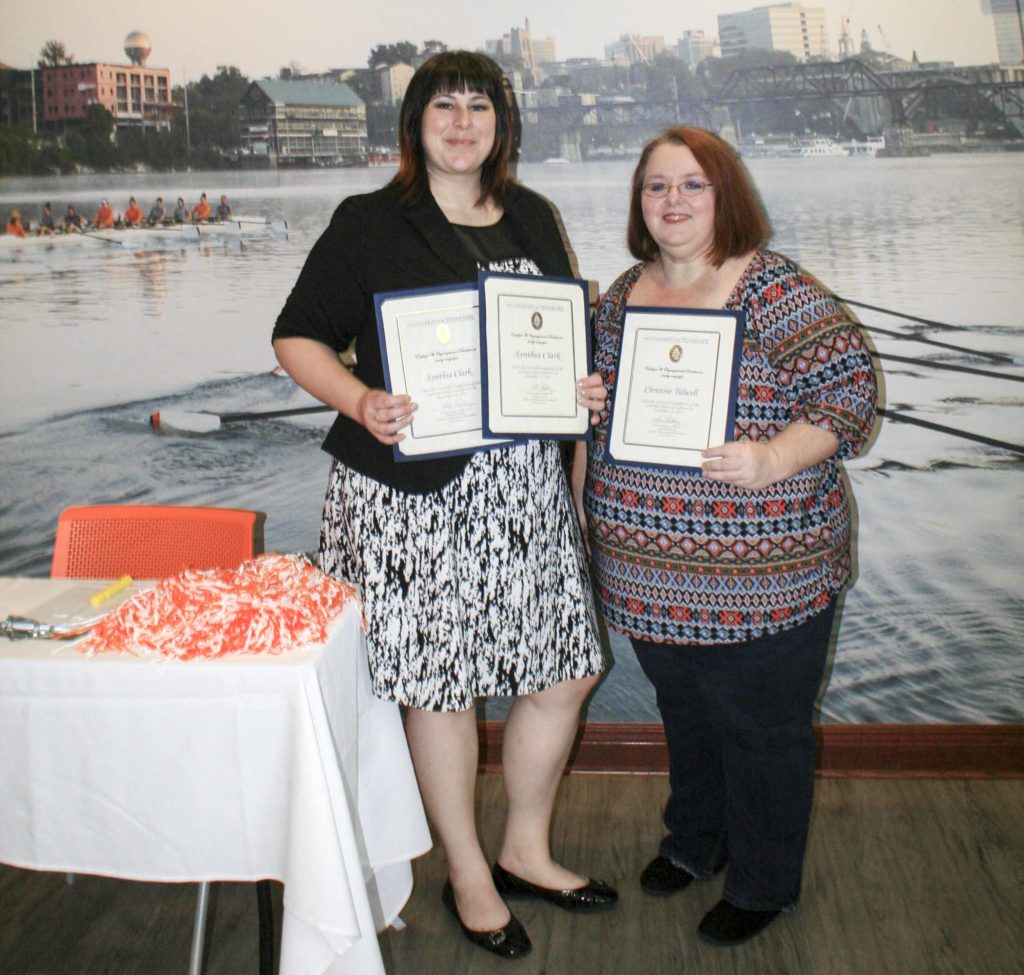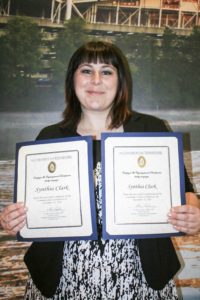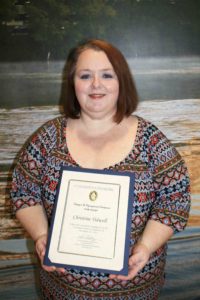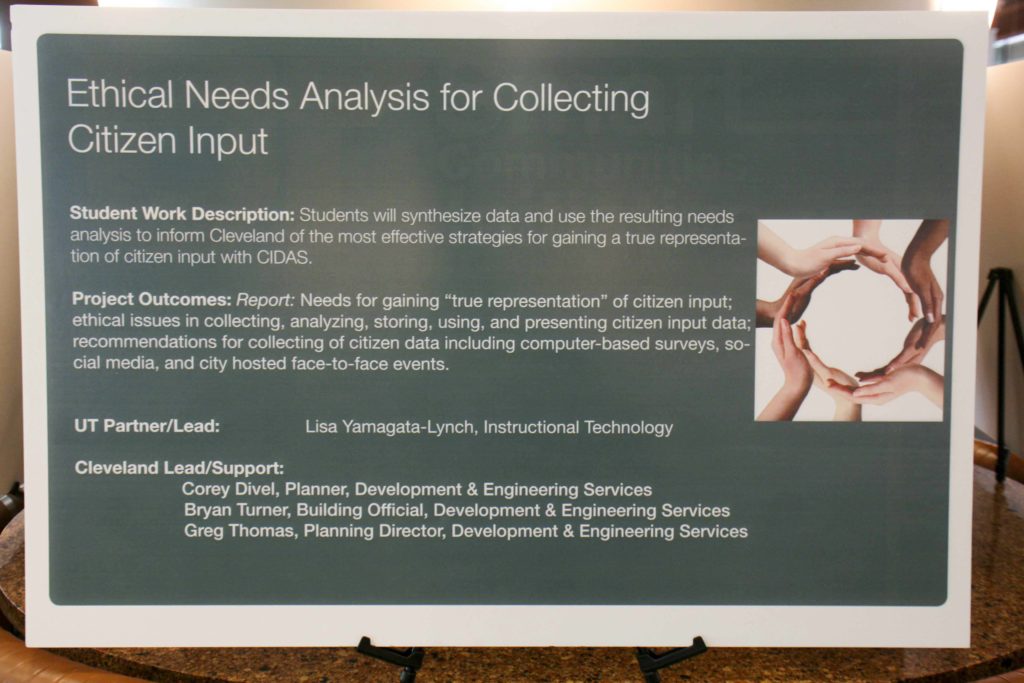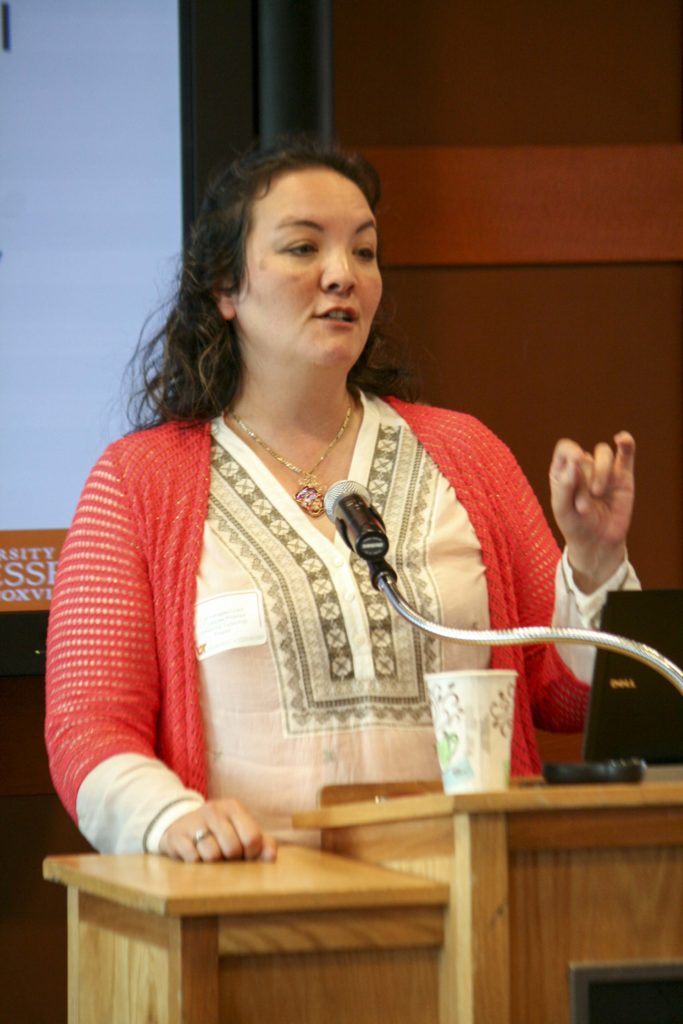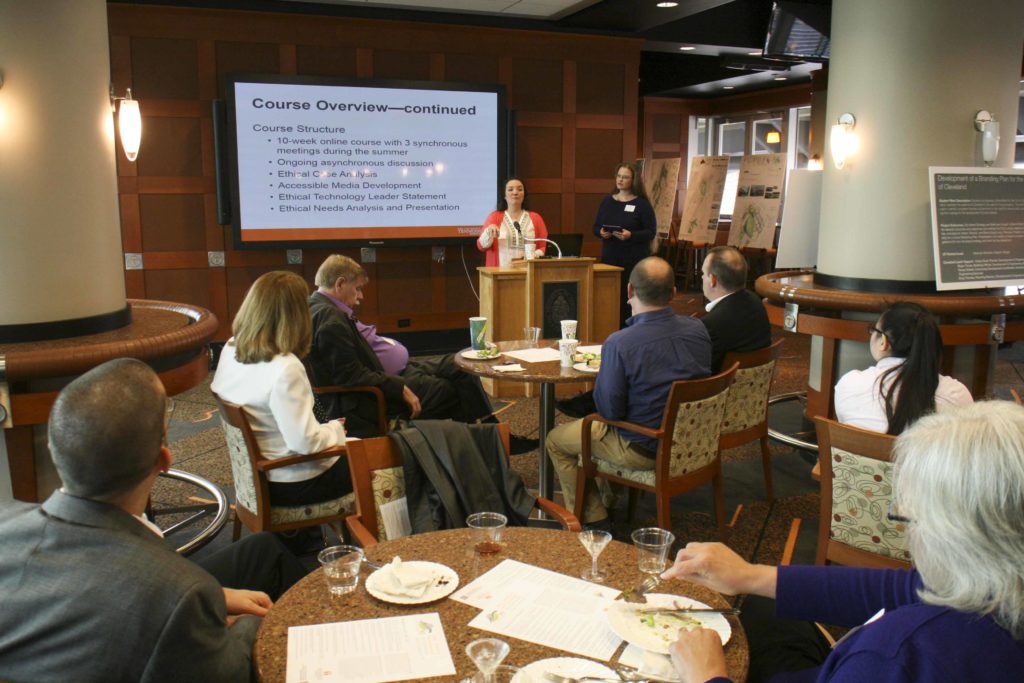The Department of Educational Psychology and Counseling wants to congratulate the graduates from eleven of our programs who earned their degrees during the summer and fall semesters of 2015.
To see photos of our recent graduates, please go to the “EPC Graduates” album on our EPC Facebook page.
Carrie Ann Bailey
PhD in Educational Psychology and Research – Adult Learning
Nicholaus TJ Barajas
MS in Counseling – Clinical Mental Health Counseling
Tiffany Paige Brooks
PhD in Counselor Education
Allison Enders Hunt Buck
PhD in School Psychology
Lauren Elizabeth Bussey
PhD in Counselor Education
Brittany Ann Carstens
PhD in School Psychology
Carly Ann Chwat
MS in Educational Psychology – Applied Educational Psychology
Corey Alan DeHart
MS in Education – Instructional Technology
Kevin Lee Fowler
MS in Education – Instructional Technology
Linda K. Gehron
MS in Educational Psychology – Adult Education
Melanie Carol Hamilton
MS in Counseling – Rehabilitation Counseling
Martha Lynn Henry
MS in Educational Psychology – Applied Educational Psychology
Amy Carol Howell
MS in Counseling – Rehabilitation Counseling
Caroline Marie Jacquett
MS in Educational Psychology – Applied Educational Psychology
Chandra Ann Johnson
MS in Educational Psychology – Adult Education
Kayla Chelsea Knoll
MS in Counseling – Clinical Mental Health Counseling
Debra Suzette Lee
MS in Education – Instructional Technology
Susan Lynn Long
MS in Educational Psychology – Adult Education
Stephanie Leanne Moskal
MS in Education – Instructional Technology
Judith S. Norton
MS in Educational Psychology – Adult Education
Niranji Anuradha Pathirage Dopa Pathirage
PhD in Educational Psychology and Research – Evaluation, Statistics & Measurement
Cynthia Noblin Perry
MS in Educational Psychology – Applied Educational Psychology
Brittany Lynn Pollard
PhD in Counselor Education
Colin Christopher Quillivan
MS in Educational Psychology – Applied Educational Psychology
Alessandra Joy Rhinehart
PhD in Counselor Education
Stracee Evette Robinson
MS in Educational Psychology – Applied Educational Psychology
Hailey Keegan Sands
MS in Counseling – Clinical Mental Health Counseling
Jessica Schilling
MS in Counseling – Rehabilitation Counseling
Janel Marie Seeley
PhD in Educational Psychology and Research – Adult Learning
Sultana Aaliuah Shabazz
PhD in Education – Learning Environments & Educational Studies
Tiffany Leigh Shaw
MS in Educational Psychology – Applied Educational Psychology
Lisa A. Shipley
MS in Education – Instructional Technology
Heather Anne Stewart
PhD in Educational Psychology and Research – Collaborative Learning
Kelly Michelle Strickland (posthumous)
MS in Education – Cultural Studies of Educational Foundations
Mary Elizabeth Swiatek
MS in Educational Psychology – Applied Educational Psychology
Kellee Renee Vess
PhD in Educational Psychology and Research – Adult Learning
Lauren Ashley Wade Walsh
MS in Education – Instructional Technology
*If you are one of the graduates listed above and would like to have your photo added to our EPC Graduates Facebook album, then please email your picture to Synthia Clark sclark41@utk.edu.
**If you were an Educational Psychology and Counseling student who graduated during this time frame, yet have unintentionally been omitted from this list, please send your name, degree, and major/concentration to Synthia Clark sclark41@utk.edu. We will add you to the list after receiving this information from you and confirming your graduation status.


